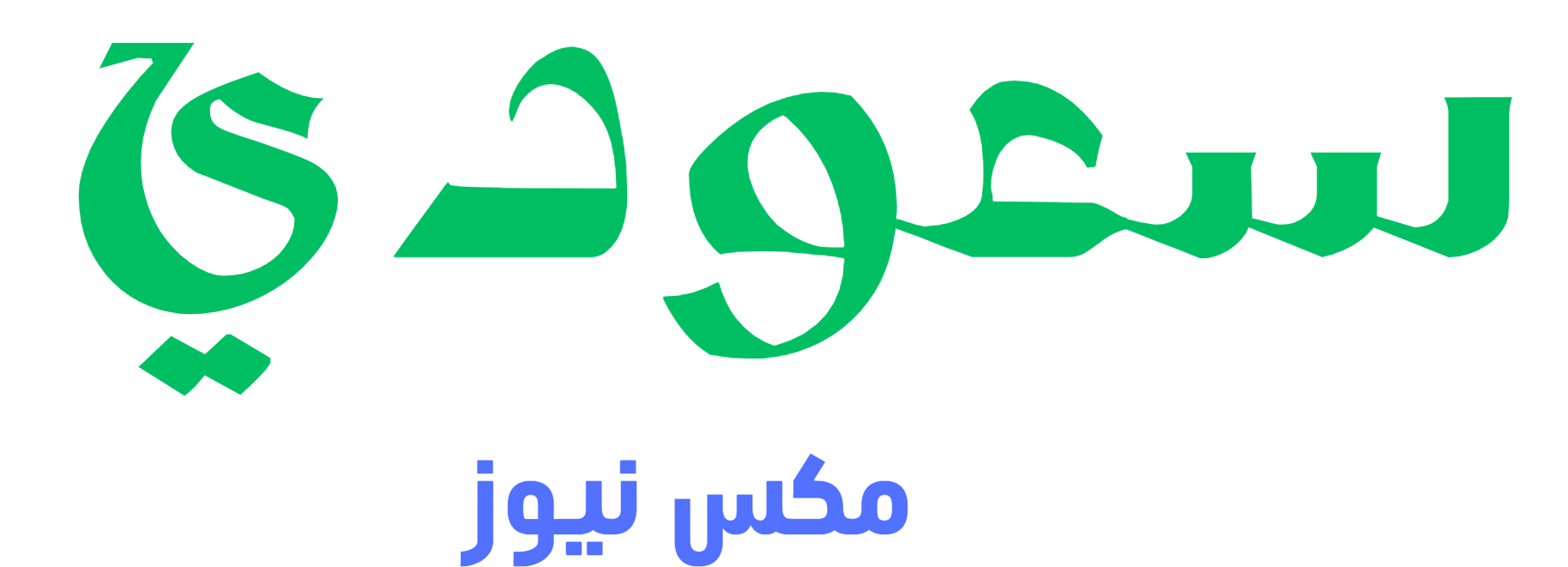An Article on “هذا «سيستم»”
Title: Exploring “This System”: A Look at the Concept of Systems
Introduction
The phrase “هذا «سيستم»” translates from Arabic as “this system.” While the exact context of this reference might be unclear—potentially pointing to a specific system in technology, daily life, or a metaphorical concept—it provides an excellent opportunity to delve into the broader idea of “systems.” In everyday language, a “system” refers to an organized set of components that work together to achieve a particular purpose. This could range from simple mechanical systems to complex digital infrastructures. In this article, we’ll explore the concept of systems, with a focus on computer systems, as “سيستم” often appears as a transliteration of “system” in Arabic or English contexts related to technology.
Whether you’re referring to a specific software, an operating system, or even a broader framework, understanding systems is fundamental in our interconnected world. Let’s break it down step by step.
What is a System?
At its core, a system is a collection of interrelated elements designed to function as a whole. The word “system” derives from the Greek “systēma,” meaning “a whole compounded of parts.” Systems can be found everywhere:
- Natural Systems: These include biological systems like the human body, where organs (heart, lungs, brain) work together to maintain life.
- Social Systems: Examples include governments, economies, or educational institutions, which rely on rules, roles, and interactions to operate smoothly.
- Mechanical and Technological Systems: This is where “سيستم” likely fits in, especially in Arabic-speaking regions where English terms are adopted. For instance, it could refer to an “air conditioning system” or, more commonly, a “computer system.”
In the digital age, computer systems have become ubiquitous. A computer system typically encompasses hardware (physical components like the CPU, memory, and keyboard) and software (programs and operating systems that instruct the hardware). If “هذا سيستم” is alluding to something like a Windows or Linux system, it’s worth noting how these have revolutionized daily tasks, from communication to data processing.
The Evolution of Systems in Technology
Systems have evolved dramatically over time. Let’s trace a brief history, focusing on computer systems, as this might align with your query:
-
Early Systems: The first computers, like ENIAC in the 1940s, were massive mechanical systems used for calculations during World War II. These required manual programming and were far from the user-friendly systems we use today.
-
The Rise of Operating Systems: By the 1960s and 1970s, operating systems (OS) like UNIX emerged, allowing multiple users to interact with computers simultaneously. Today, popular OS include:
- Windows: Developed by Microsoft, it’s a system that powers billions of devices worldwide, offering intuitive interfaces for everyday users.
- macOS and iOS: Apple’s systems emphasize seamless integration between hardware and software.
- Linux: An open-source system that’s highly customizable and widely used in servers, smartphones, and embedded devices.
-
Modern Systems: With the advent of cloud computing and AI, systems have become more interconnected. For example, “سيستم” could refer to a cloud-based system like AWS (Amazon Web Services), which manages data storage and processing across the globe. These systems are scalable, meaning they can grow with user needs, and they’re essential for businesses and individuals alike.
In Arabic contexts, “سيستم” is often used informally to describe these technological setups. For instance, in the Middle East, people might say “سيستم الكمبيوتر” (computer system) when discussing IT infrastructure.
The Importance of Systems in Daily Life
Systems are the backbone of modern society. Here’s why they matter:
-
Efficiency and Productivity: A well-designed system, like an automated workflow in a business, reduces errors and saves time. For example, if “هذا سيستم” refers to a personal computer system, it enables tasks such as writing documents, browsing the web, or even writing articles like this one.
-
Problem-Solving: Systems help us tackle complex problems. In healthcare, for instance, electronic health record systems streamline patient data, improving care delivery.
-
Challenges and Risks: Not all systems are flawless. Computer systems can face issues like cyberattacks, data breaches, or hardware failures. To mitigate these, regular updates and cybersecurity measures are essential. If your reference is to a specific “system,” ensuring it’s secure is crucial—think of tools like antivirus software from companies such as ESET (which might sound similar to “سيستم” in pronunciation).
Globally, the demand for system expertise is growing. In Arabic-speaking countries, fields like IT and engineering are booming, with professionals adapting English terms like “system” into local vernacular.
Conclusion
In summary, “هذا «سيستم»” invites us to reflect on the vast world of systems, from the tangible to the abstract. While we’ve focused on computer systems here, the concept applies universally. Systems are what keep our world organized and functional, whether it’s the software on your device or the intricate networks that power the internet.
If this article has sparked your interest, consider specifying more details about the system you’re referring to—such as a particular software, brand, or context—for a more tailored discussion. In an era of rapid technological advancement, understanding and optimizing systems is key to innovation and efficiency. What do you think makes “this system” unique? Share your thoughts, and let’s explore further!

تعليقات